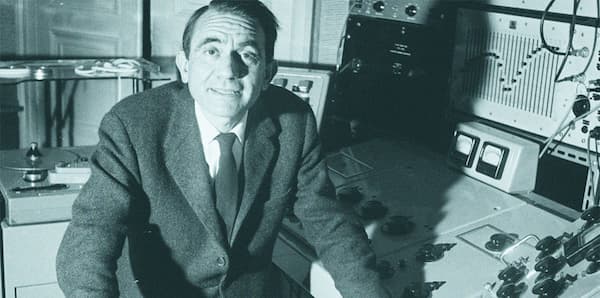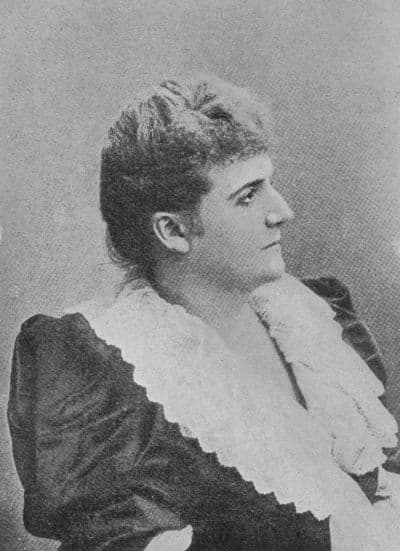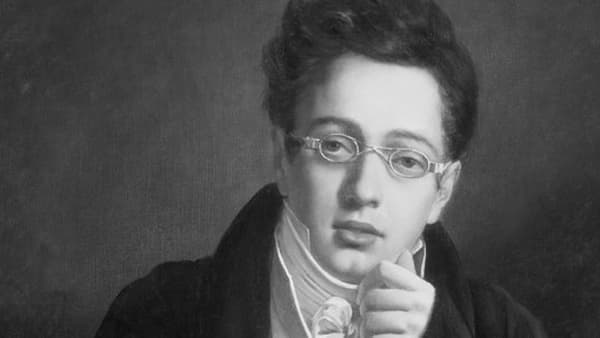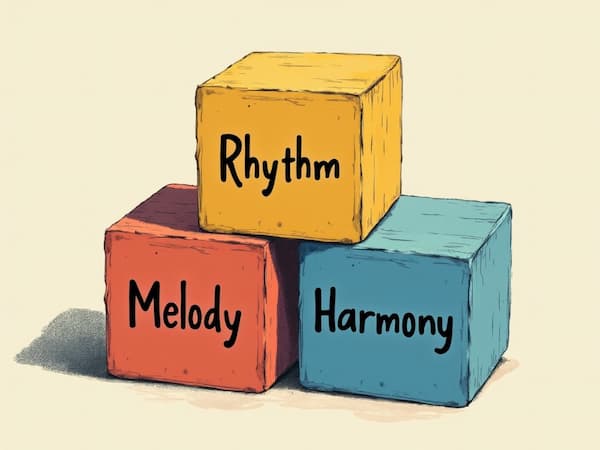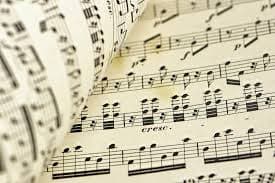
© Piano Reviewer
This quote from an interview I did with pianist Antoine Préat perfectly expresses my relationship with many composers and their music.
When I returned to playing the piano seriously in my later 30s, after a break of some 20 years, there were pieces which I felt I “should” be playing but which never felt comfortable to me. This feeling grew when I co-founded a piano meetup group where members played all sorts of repertoire. I envied those who seemed so at home with the music of Chopin or Ravel, two composers whose piano music I adore, but which does not necessarily love me back.
Of course, we should never feel obligated to play certain pieces or composers out of a sense of duty; the “tyranny of the shoulds” is often inculcated in our childhood music lessons, reinforced in music college, and – for the professional musician, further emphasised by teachers, peers, agents and critics – or for the amateur, at piano clubs and on courses. Students and those at the beginning of their career probably feel the pressure of this sense of obligation most clearly, and it takes confidence to stand firm against the tide of opinion that says one should be playing certain Beethoven sonatas, etudes by Chopin and Liszt, or the concertos of Rachmaninoff, Tchaikovsky or Grieg in order to be recognised and endorsed by those who may help further one’s career and reputation.
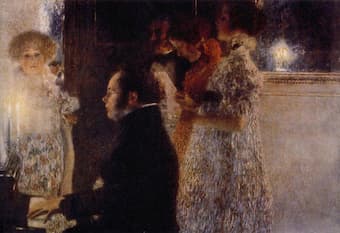
Schubert at the Piano, 1945 by Gustav Klimt © Gustav-Klimt.com
We’re very lucky as pianists; we have a vast repertoire to choose from and this means there is music within it to suit our varied, wide-ranging tastes. It is interesting to note that some of the greatest pianists have chosen to focus on a fairly narrow corner of the repertoire – for example, Alfred Brendel, Andras Schiff or Maria João Pires. It really isn’t necessary to have an affinity with or be able to play everything, though of course there are some pianists who seem perfectly at ease with a very broad sweep of repertoire, namely Maurizio Pollini or Marc-André Hamelin. Stephen Hough is quite open about his “uneasiness” about playing the music of J.S. Bach and I think it is a mark of a pianist’s honesty to admit that certain repertoire or composers do not suit them.
Franz Schubert: 6 Moments musicaux, Op. 94, D. 780 – No. 1 in C Major: Moderato (Maria João Pires, piano)
Our affection for the music we choose to play is, I believe, one of the greatest assets in the learning process. It is what helps to keep us focussed and ensures we will return to the music day in day out to practice and refine it. If you don’t love the music you’re playing, it’s unlikely it will love you back, and the practice of practising will feel arduous and challenging. I recall feeling like this quite a lot of the time when I was having piano lessons as a child, where my first teacher would always select the music I was to learn, without giving me any choice (when I taught piano, I made sure my students played music they liked and enjoyed). It was only when I had passed my grade 5 piano exam, and moved to a new teacher, that I had the foundations of technical facility and the confidence to explore repertoire on my own. It was at this time that my love of Schubert’s piano music developed – and it remains amongst my most favourite music still.
One of the great pleasures of being an amateur pianist, perhaps the greatest pleasure, is that you are not – or shouldn’t be – under any obligation to play music because someone else said you “should”! Of course sometimes a teacher will suggest repertoire which they feel may help with an aspect of technique or simply that it may appeal to your music taste and sensibilities – and a good teacher should know and appreciate his/her students’ tastes. But if it doesn’t appeal, have the confidence to say “it’s not for me”. It’s also worth bearing in mind that our tastes change, and, as our technical facility improves, repertoire we previously loved but might not have been able to play, becomes more accessible.
If the music doesn’t love you back sufficiently for you to play it yourself, simply enjoy hearing others play it – on disc, on the radio, in concerts and via streaming services.
For more of the best in classical music, sign up to our E-Newsletter

